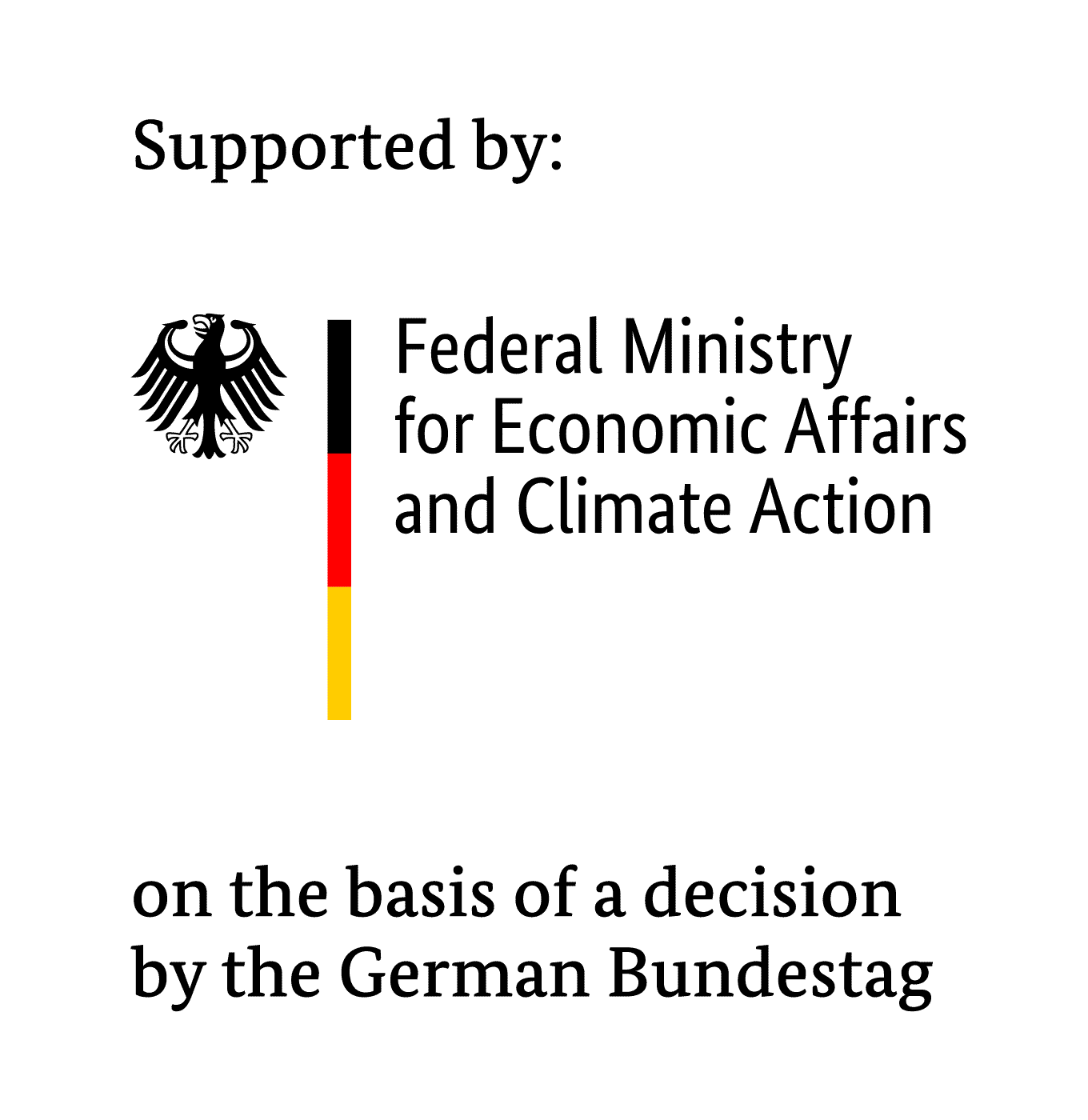Projectname:
Utilisation of in situ produced expolysaccharides for the structural improvement of fermented vegetarian alternatives to yoghurt based on lupin
Workgroup: Plant-based foods
Scientific Partners and Guidance:
IGF: 18749 N
Financing: BMWi
Duration: 2016 – 2019
Consumer interest in vegetarian and vegan products is permanently increasing. Currently, plant based alternative to yoghurt play a minor role, as a result of their deficits in texture and flavor, despite long lists of additives including stabilizers, biothickeners and aromas.
It is the aim of this project, to minimize these deficits by the utilisation of exopolysaccharide (EPS) forming lactic acid bacteria for the design of yoghurt alternatives based on lupin proteins and thus generate sensorially attractive products without additives.
RI1 characterises EPS-forming strains as well as macromolecular structures of their EPSs with AF4 MALS UV/IR. The structure forming abilities of EPS in plant derived yoghurt alternatives based on lupin proteins is correlated with their macromolecular structure. RI2 produces lupin protein fractions and yoghurt-like products thereof and characterises these with respect to texture and sensory properties. In addition, protein gels from protein isolates of different lupin varieties (L. albus, L. angustifolius) are characterised as well as protein fractions, which were obtained in extractive and chromatografic processes.
The correlation of macromolecular EPS structures with their structure forming abilities in lupin protein matrices, as well as the knowledge obtained on the gel-forming abilities of lupin protein fractions enable the knowledge based design of plant based yoghurt alternatives. The combination of lupin protein isolates with selected EPS formers represents the basis for the development of plant based alternatives to yoghurt with different, attractive structural and sensorial attributes.
As a result, a new series of sustainable, plant protein-based alternatives to yoghurt can be established. This fosters the competitiveness of SMEs, which want to feed the rapidly growing market for vegan, lactose free foods.

The IGF project presented here by the Research Association of the Industrial Association for Food Technology and Packaging (IVLV e.V.) is funded by the Federal Ministry for Economic Affairs and Climate Action as part of the program for the promotion of industrial community research (IGF) based on a decision of the German Bundestag.